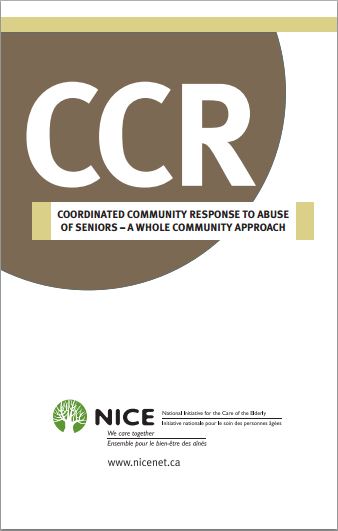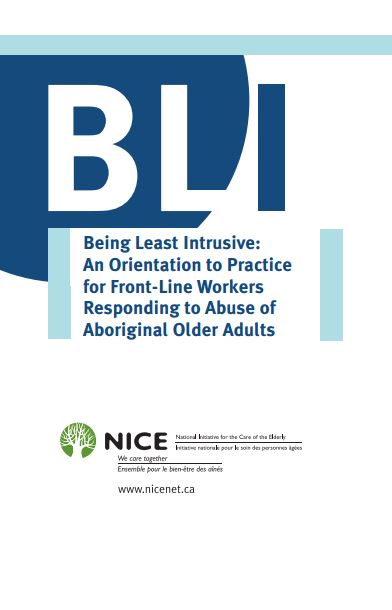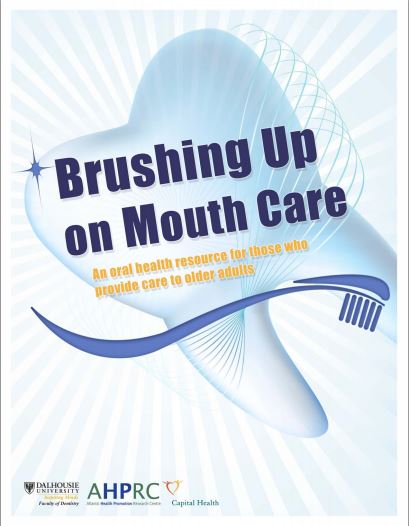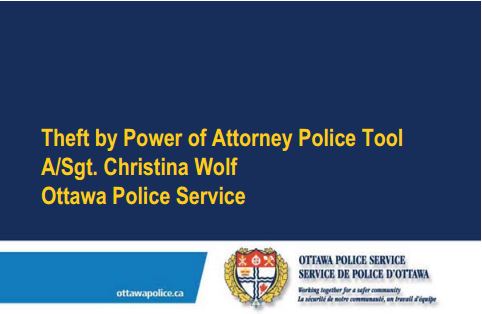Practice Tools

Source: The National Initiative for the Care of the Elderly

"For early intervention to be possible, intake workers must always be alert to the possibility of abuse. They have to make a quick decision on the likelihood of abuse even at first contact. This first contact may be on the phone and may be brief, which is why it is particularly important to have a quick and easy screening method for case identification. Use of the BASE helps determine answers to questions such as: What kinds of abuse are more common? And, how quickly does intervention need to take place? The BASE provides a written assessment for the workers who subsequently become involved. Beyond an inititial BASE screening, a second and third screening to confirm or disconfirm the possibility of suspected abuse is most effective when completed immediately following: (1) A two-to-three hour home assessment interview; and (2) A case conference by a multidisciplinary team.
Project Care’s research findings indicated that the three successive administrations of the BASE help identify and predict cases of abuse; the incidence of abuse was approximately 9 – 14% of the cases screened among incoming health and social service agency clients."

The oral care manual houses information on all of the hands-on and educational tools developed as part of this project. It includes: Toolkits; Care Cards; Daily and annual oral health assessments; Posters;Information Sheets on topics such as proper technique for brushing and flossing; Oral care products and aids; and Educational Videos.
Page 12 of 15



















